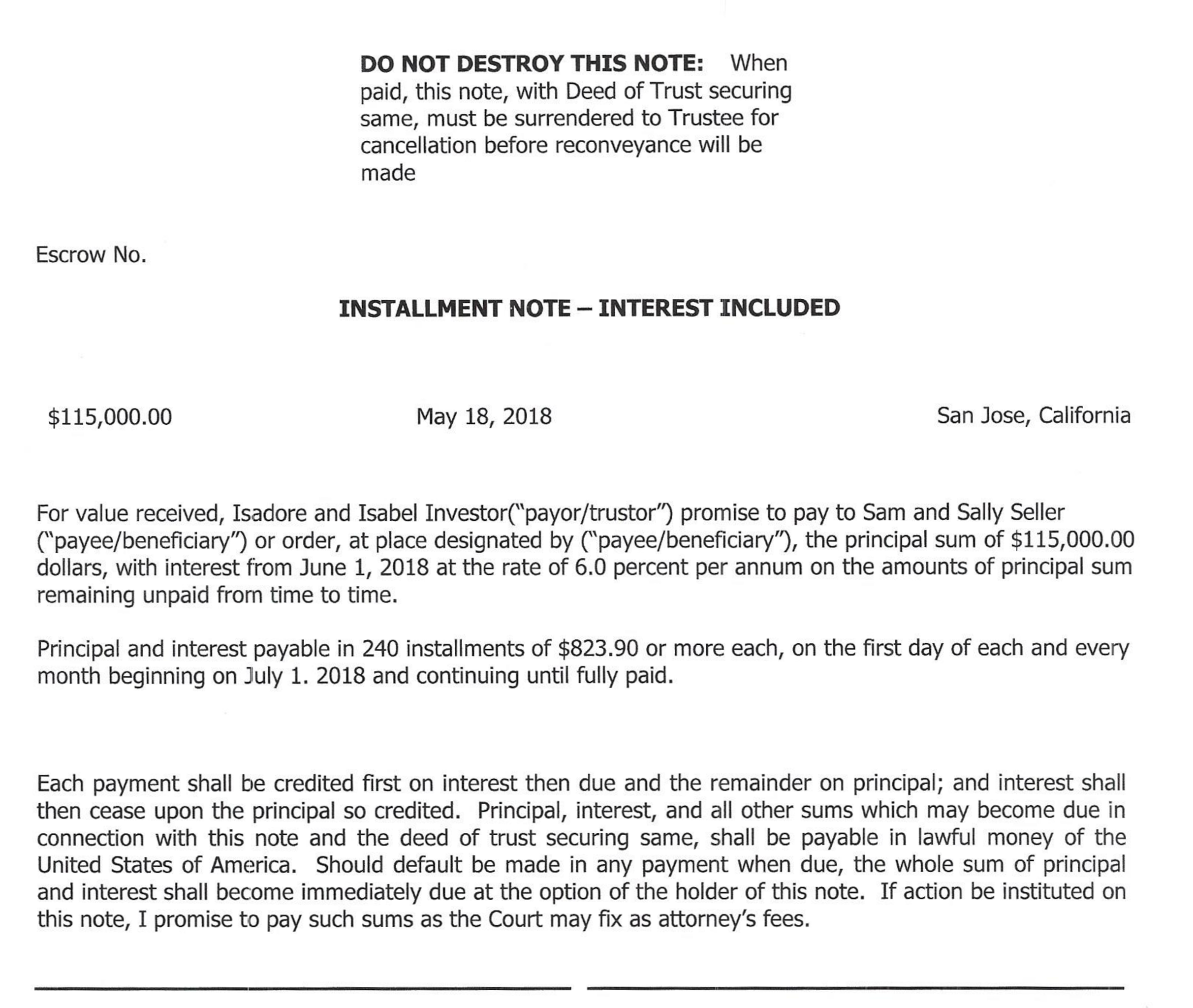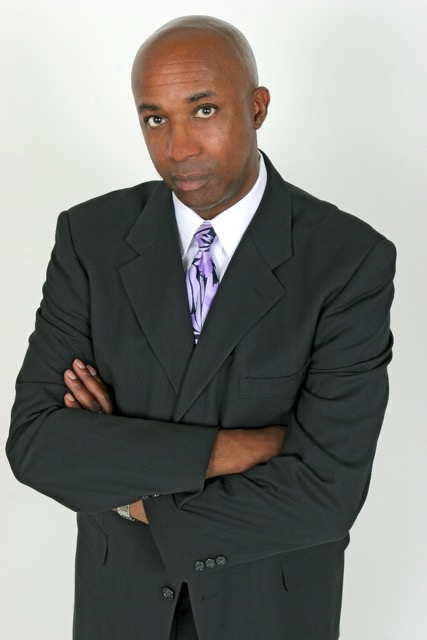BY: MICHAEL POGGI, PRESIDENT OF THE MILLIONAIRES REAL ESTATE INVESTMENT GROUP

The Millionaires Real Estate Investment Group is a private investment group made up of 10,000 members and 2500 active investors. The focus of the Millionaires Real Estate Investment group is to invest in several areas of Real Estate and Businesses ranging from purchasing apartment buildings, building new construction homes, purchasing vacant land in fast growing areas as well as investing in businesses.
I have had decades of experience in Real Estate Investing. Throughout the years, I have had several ups and downs. I will share with you some of the tips that have allowed me to be successful in Real Estate and Businesses. I would like to save you from some of the mistakes that I have made and thus allow you to succeed early on in your career.
Take control over your Mind and Your Attitude – We all know that there are many things in life that you cannot control, but you can control your mind and your attitude. External forces have very little to do with success. Those who program themselves for success find a way to succeed even in the most difficult of circumstances.

Live life to the Fullest – Living life to the fullest is a lot like shooting the rapids in a rubber raft. Once you have made the commitment it’s difficult to change your mind, turn around and paddle upstream to placid waters. But it’s the excitement and adventure that make it all worthwhile. If you never make the attempt, you may never know the depths of despair, but neither will you experience the exhilaration of success.
I strive to live my life personally and professionally to the fullest. I do not allow mistakes or challenges to stop progress, when a challenge arises; I determine a solution and move forward. Do not let challenges stand in the way of your progress in beginning Real Estate or continuing in Real Estate, if you do you will be cutting yourself off from the huge success that you could achieve.
Leverage Your Money to Get Deals Done- Do not wait until you have all of the money for a deal in order to make that deal happen. There are so many ways to structure a deal. You can partner with someone else that has the money, and you do all of the work, Or you can put in half of the money and the partner puts in half of the money, or you can put down a down payment and let the seller hold the note etc.. Do not let lack of money stop you from getting deals done.

Don’t be Afraid to Change Directions When Necessary -It is imperative that we are not afraid to change directions when conditions change. I have been a Real Estate Investor for many years, and have seen the ups and downs of the market. I have always watched the market conditions to determine what strategies make sense.
It is not wise to hold on to a strategy when the numbers and the market conditions no longer align. Sometimes it is tempting to jump into a real estate investing strategy that no longer yields great returns due to the market when in reality the time for that strategy has already passed. For example, at the top of the market is not the best time to purchase rental properties.
There are strategies that fit every type of market. Our team researches and determines the best strategies to invest in and changes directions when market conditions deem necessary.
Grow Your Wealth Tax Free By Investing in Real Estate using a Self-Directed IRA- One strategy that has allowed me to gain tremendous wealth has been investing in Real Estate using a Self -Directed IRA.
An IRA, An Individual Retirement Account is a personal savings plan that allows you to set aside funds for your retirement. Investments made within these plans grow in either a tax-deferred or tax-free environment.
A tax-deferred account is one that is funded with pre-tax dollars which means in most cases that you get a deduction for your contributions. When distributions are taken from the account those funds are taxed. Traditional, SEP, and SIMPLE plans are referred to as tax-deferred accounts.

By contrast a tax-free account is one that is funded with after tax dollars, which means that you do not receive a deduction for contributions. When distributions are taken, there are no taxes incurred in a tax-free account. The Roth IRA and the Coverdell Education Plan are referred to as tax-free accounts.
The Self-directed IRA is a well-kept secret. You might not be aware that it is possible to invest in non-traditional investments such as real estate, mortgages, tax liens, mobile homes and other investments in an IRA. A truly self-directed IRA will enable you to use your investment knowledge and expertise to prepare for your retirement. A self-directed IRA allows one to make their own investment decisions from a wide range of acceptable investments.

I was able to grow my wealth from $500.00 to $1,200,000 by investing in Real Estate using a Self-Directed IRA. Imagine the difference this strategy will make in your life by allowing you to grow your wealth tax-free. You can learn additional strategies that have allowed me to be a successful Real Estate Investor in my book “Build Wealth Tax Free Profit Formula” that is featured on Amazon.
I have taught and mentored thousands of students over the years at my educational seminars and webinars. Please email our office to be added to our database to receive invitations to these events. We often partner on real estate and business projects when the numbers make sense whether it is your project or our projects.
Feel free to contact our office for additional information about the Millionaires Real Estate Investment Group. We look forward to getting to know you and finding out more about you and your business and how we can possibly work together moving forward. [email protected] 954-306-3586

Michael Poggi
Michael Poggi is a nationally recognized public speaker, established author, and professional investor, with nearly two decades of experience. Michael speaks on advanced wealth strategies and how to invest in Real Estate and Businesses the right way .He presents topics such as: house flipping, purchasing apartment buildings, and building new construction homes, development projects, purchasing vacant lots in fast growing areas and buying businesses in your IRA or your old 401K plan. He teaches people how to make their IRA self-directed in the true sense, so you can use it for real estate. He also teaches people and mentors students on how to make their IRA cash flow monthly tax-free as well as how to invest properly.
In addition, Michael is the president and founder of The Millionaires Investment Group, based in Ft. Lauderdale, Florida. There are 10,000 members of the Millionaires Investment Group and 2500 Active Investors. The Millionaires Investment Group holds a meeting on a monthly basis to network and partner on real estate ventures, and businesses. Michael’s company specializes in many aspects of commercial real estate, vacant land, development projects, new construction home projects and businesses. The group attracts top notch speakers from all around the country, who are featured monthly to provide additional education.
Michael is often a featured guest on the Money Talk radio show. His company, Build Wealth with Land, LLC, is one of the largest land providers in the U.S., providing hundreds of vacant lots to investors and builders yearly. Michael has bought and sold over 1000 vacant lots and houses in the last 10 years, tax free.























